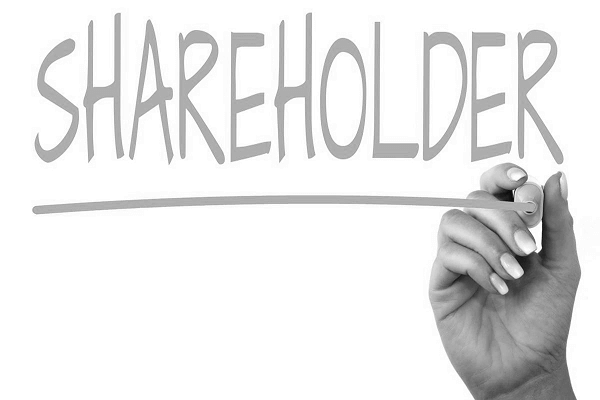
Table of Contents
Majority Shareholder
What is a Majority Shareholder?
As per the majority shareholder definition, he or she is an individual or an organization that owns over 50% of the company’s shares. As they own a large part of the company’s shares, the majority owner becomes an important part of the organization. If the majority shareholder owns the voting shares, then they will get the right to give votes for the corporate operations. For example, the majority shareholder who owns more than 50% of the voting shares of the company can give their vote for selecting the members for the board of directors.

In other words, the majority shareholder suggests who should be included in the company’s board of directors. Mostly, the founder of the organization holds the maximum shares of the company. If it is a long-term or family business that has been in the Market for several decades, then the successor of the founder can be the majority shareholder of the company. Now that they get the voting rights for corporate decisions, they can control the business operations. They also play a significant role in business operations.
Rights of Majority Shareholder
As mentioned before, the majority shareholder has the power to eliminate a member from the board of directors. It is important to note that only a few companies have majority stakeholders. Mostly, the private companies have majority shareholders. The responsibilities and rights of the investors could vary from company to company. The size and policy of the company could have a big impact on the perks the majority shareholder enjoys. Some take part in the regular business operations, while others leave it entirely to the management and executives.
Many private companies have the chief executive officer (CEO) as the majority shareholder. This is mainly seen in a small-sized organization that has limited shares. Some companies give the majority shareholder title to another company or investor. Many shareholders who want to leave their position or sell the company to a private firm can sell the shares they own to a third-party.
Talk to our investment specialist
Can a Majority Shareholder Complete the Company’s Buyout?
For a company to acquire another company, they need to own at least 50% of the shares (and more) to get the ownership title. In addition to that, they need the vote of more than 50% of the shareholders in their favor to acquire the company. Buyout refers to the acquisition of a firm by another private or public organization.
While the majority shareholder has the right to make important business decisions, they cannot sell the company or a major portion of the outstanding shares and voting rights without the existing shareholders’ support. In the case of the supermajority requirement, the majority stakeholder can make decisions concerning the sale of the organization. However, that’s only possible when the minority stakeholders own a small portion of the company’s stock, which proves to be inadequate to block the majority shareholder’s decision. Hence, the minority stakeholders cannot stop the buyout unless the company’s policy states otherwise.
All efforts have been made to ensure the information provided here is accurate. However, no guarantees are made regarding correctness of data. Please verify with scheme information document before making any investment.












